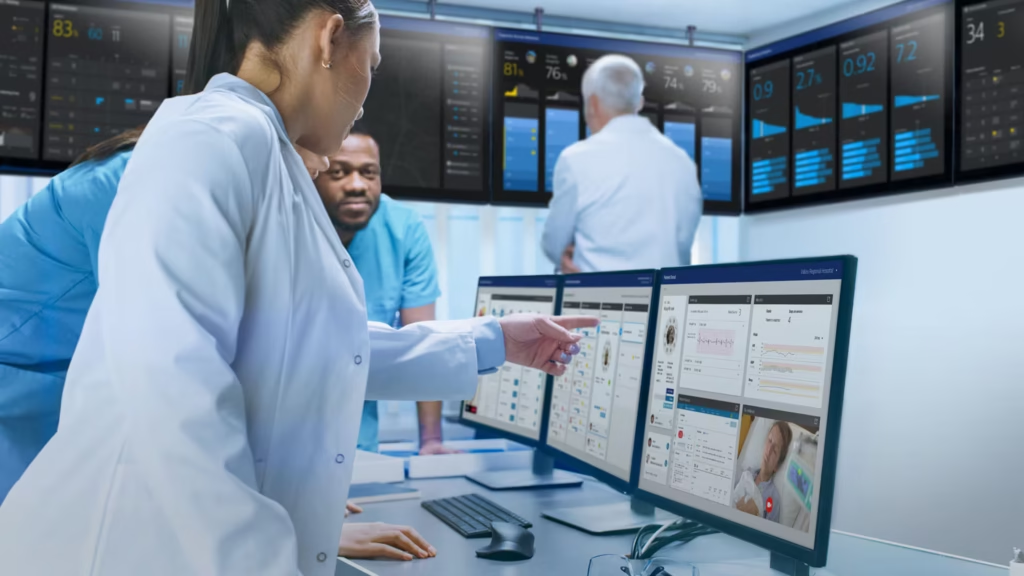
The landscape of clinical research is evolving rapidly thanks to technological breakthroughs. Innovations that were once futuristic—like artificial-intelligence-driven predictive models or continuous remote monitoring—are now integral to how trials are designed, conducted, and analyzed.
Major Technological Trends
- Artificial Intelligence & Machine Learning (AI/ML):
- AI models analyze historical trial data to predict enrollment rates and identify optimal inclusion/exclusion criteria.
- Machine-learning algorithms flag safety signals faster than traditional monitoring.
- Decentralized and Virtual Trials:
- Telemedicine visits, home health nursing, and direct-to-patient drug delivery reduce the need for site visits.
- Electronic informed consent (eConsent) platforms enhance accessibility and participant understanding.
- Wearable and Mobile Health (mHealth) Devices:
- Continuous glucose monitors, smartwatches, and patch sensors collect real-time physiologic data.
- These devices improve compliance logging and generate richer data streams for analysis.
Operational Advantages
- Faster Recruitment: Broad geographic reach and virtual pre-screening shorten enrollment timelines.
- Enhanced Patient Engagement: Mobile apps with reminders and educational content boost retention.
- Data Integrity & Real-Time Analytics: Cloud-based data capture platforms allow immediate query resolution and dashboard reporting for sponsors and sites.
Challenges & Considerations
- Data Privacy and Security: Ensuring compliance with HIPAA, GDPR, and other regulations when handling digital health data.
- Technology Literacy: Supporting participants with varying levels of comfort using apps or wearables.
- Regulatory Acceptance: Working closely with agencies to validate digital endpoints and remote monitoring methodologies.
Impact on Future Trials
The integration of these tools is projected to cut costs by up to 30% and reduce trial durations by several months. As the industry standard shifts toward patient-centric, technology-enabled protocols, sponsors and sites that embrace these innovations will lead the next generation of medical breakthroughs.